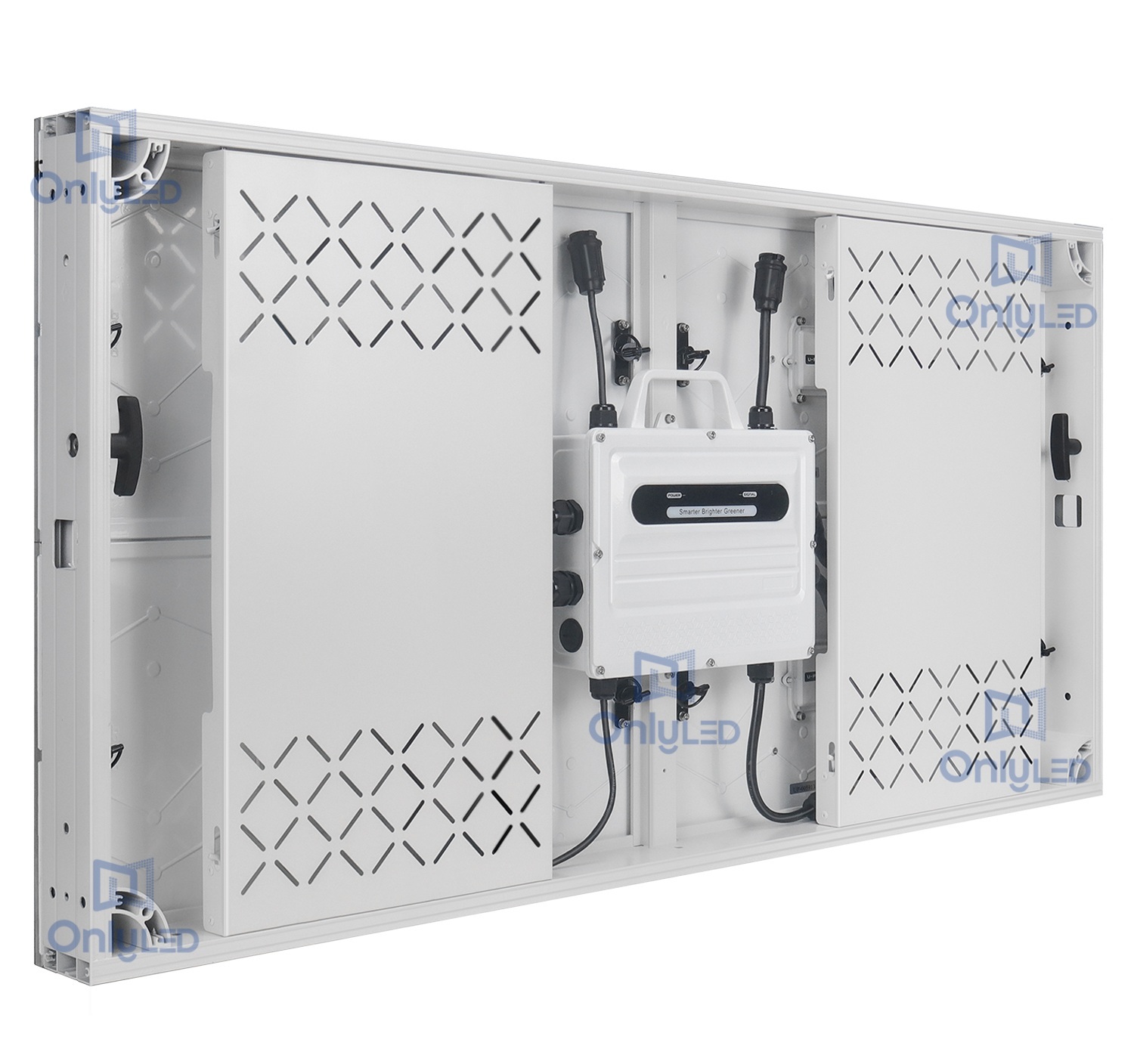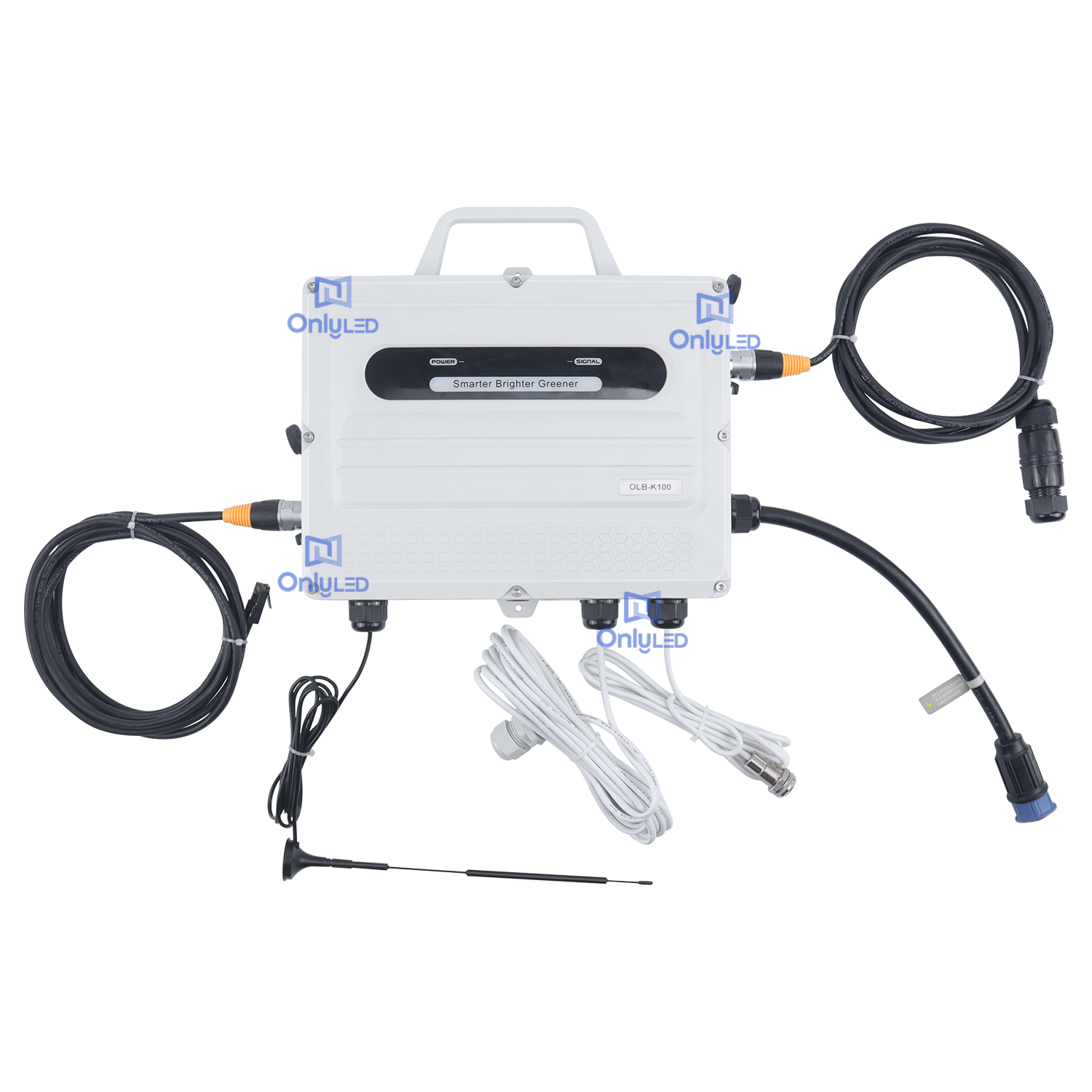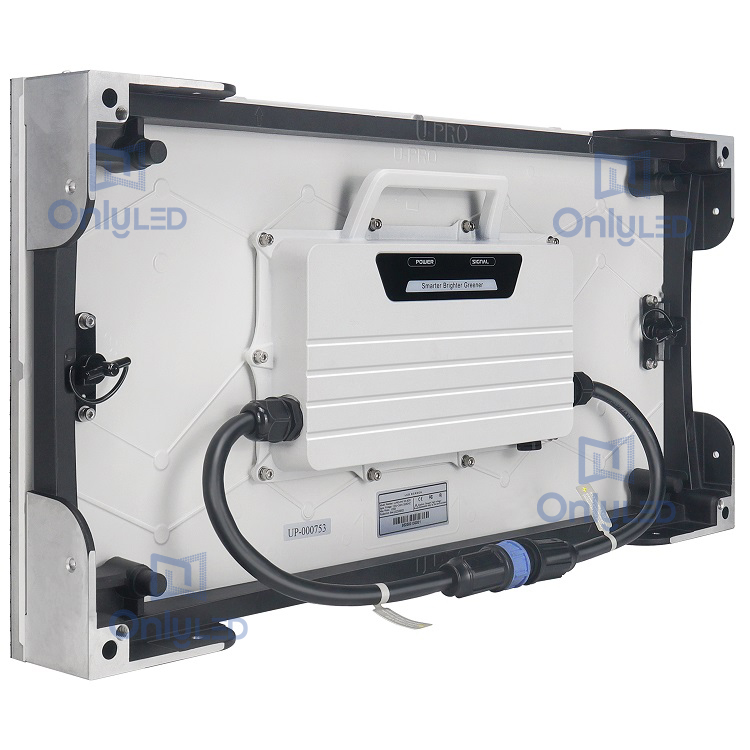Industry News
The Functionality and Operation of Outdoor LED Billboards

Outdoor LED billboards have revolutionized the advertising industry with their captivating displays and interactive features. These billboards utilize light-emitting diodes (LEDs) to display vibrant images, videos, and text. Their unique design and advanced technology make them a popular choice for advertising in outdoor settings.
1. LED Display Panels
The main component of an outdoor LED billboard is the LED display panel, which consists of numerous individual LED modules arranged in a grid pattern. Each LED module consists of red, green, and blue LEDs, which work together to create a wide range of colors. These LED modules are often sealed with weatherproof materials to ensure durability in various outdoor conditions.
2. Control System
The control system is responsible for managing the content displayed on the LED billboard. It receives signals from a central computer or media player and translates them into commands that control the LEDs' brightness, color, and timing. This system allows for real-time updates, enabling advertisers to display dynamic and engaging content.
3. Energy Efficiency
Outdoor LED billboards are designed to be energy-efficient. LED technology consumes significantly less power compared to traditional advertising methods such as neon lights or incandescent bulbs. Additionally, LED billboards can adjust their brightness automatically based on environmental lighting conditions, further reducing energy consumption.
The Working Process of Outdoor LED Billboards
Understanding the working process of outdoor LED billboards helps to appreciate their functionality and impact in the advertising world.
1. Content Creation
The first step is to create visually appealing content that captures the target audience's attention. Advertisers can design static or animated graphics, videos, or text messages using graphic design software or video-editing tools.
2. Content Scheduling and Management
The created content is then scheduled to be displayed on specific LED billboard locations at pre-determined times. The control system allows advertisers to manage multiple campaigns simultaneously and adjust the content based on the target audience, location, or specific time of the day.
3. Displaying the Content
Once the content is scheduled and managed, the control system sends signals to the LED display panels, activating the corresponding LEDs to illuminate and display the intended content. These LEDs work collectively to create vibrant and eye-catching visuals that can be seen from a distance.
Conclusion
Outdoor LED billboards have significantly transformed the way advertising is done. The functional design, energy efficiency, and advanced control systems make them an ideal choice for businesses to promote their products and services effectively. With their mesmerizing displays, outdoor LED billboards continue to captivate and engage audiences, leaving a lasting impact.




